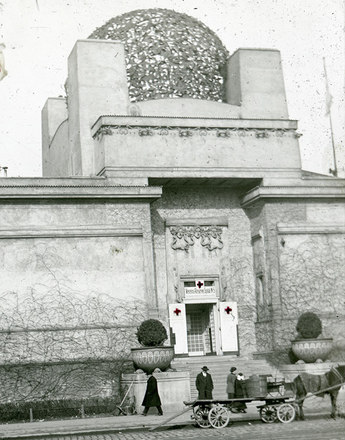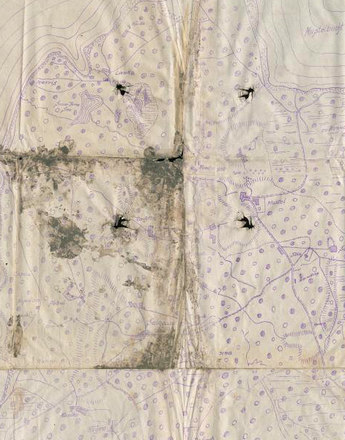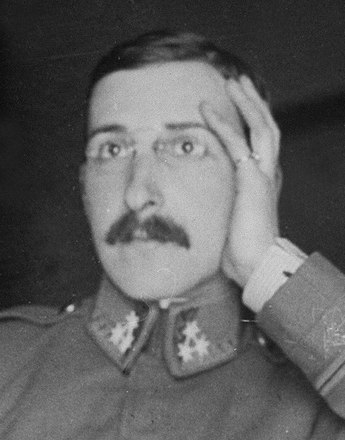‘What remained was a mutilated trunk that bled from every vein.’ Stefan Zweig and his "World of Yesterday"
Weinzierl, Ulrich: Außerordentlich gelehrige Halbaffen. Wortkämpfe eines Pazifisten: Stefan Zweigs Briefe 1914 bis 1919. Unter: http://www.faz.net/aktuell/feuilleton/buecher/rezension-sachbuch-aussero... (19.06.2014)
Zweig, Stefan: Ein Wort von Deutschland, in: Die Neue freie Presse vom 6.8.1914, 2f. Unter: http://anno.onb.ac.at/cgi-content/anno?aid=nfp&datum=19140806&zoom=33 (19.06.2014)
Zweig, Stefan: Die Welt von Gestern. Unter: http://gutenberg.spiegel.de/buch/6858/1 (19.06.2014)
Zitate:
„I had sworn to myself ...", „to commence my personal war ...", „which showed faintly ...": Zweig, Stefan: Die Welt von Gestern. Unter: http://gutenberg.spiegel.de/buch/6858/1 (19.06.2014) (Translation)
„Germany must now strike ...": Zweig, Stefan: Ein Wort von Deutschland, in: Die Neue freie Presse vom 6.8.1914, 2f. Unter: http://anno.onb.ac.at/cgi-content/anno?aid=nfp&datum=19140806&zoom=33 (19.06.2014) (Translation)
-
Kapitel
- ‘Rabble of words’ – Writers in the War
- ‘An area to which only those who are (un)employed there have access.’
- The war after the war – reflection, homecoming and review
- ‘ … with deadly weapons, the golden plains’: Grodek as the legacy of the poet Georg Trakl
- ‘Guilt is always beyond doubt!’ Franz Kafka’s 'In der Strafkolonie' (In the Penal Colony)
- I did not want it: Die letzten Tage der Menschheit (The Last Days of Mankind)
- Anti-war literature as a bestseller: Im Westen nichts Neues (All Quiet on the Western Front)
- ‘What remained was a mutilated trunk that bled from every vein.’ Stefan Zweig and his "World of Yesterday"




